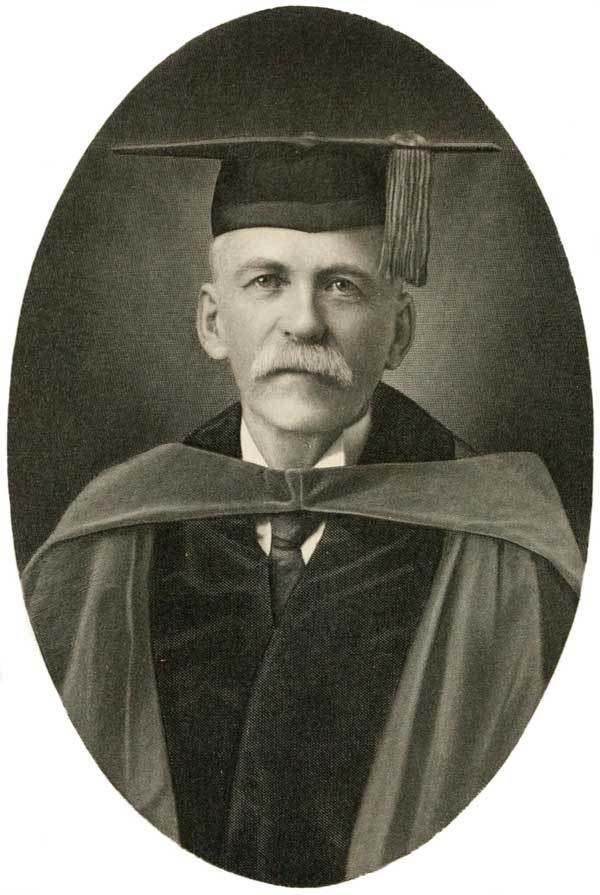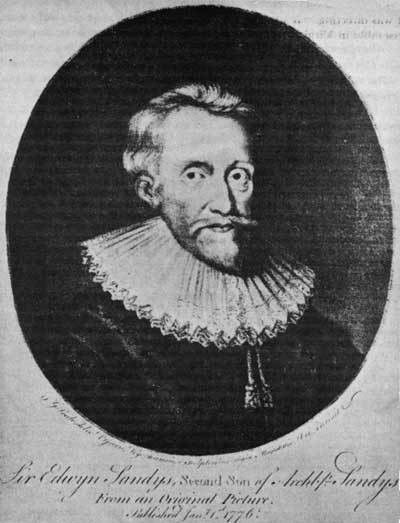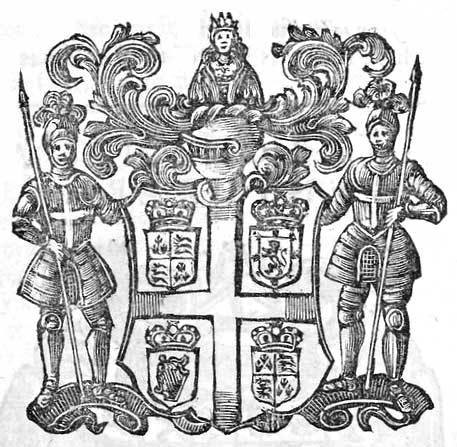Propaganda In History Lyon Gardiner Tyler
Posted By : manager
Posted : September 3, 2020
Propaganda In History.
by Lyon Gardiner Tyler
Lyon Gardiner Tyler (1853-1935) was the fourth son of our 10th United States president, John Tyler, who was president from 1841 to 1845 and later a member of the Confederate Congress. Lyon Gardiner Tyler had a distinguished career as an educator, genealogist and historian. He was the 17th president of the College of William and Mary and served from 1888 to 1919. Today’s history department at William and Mary is named after him: The Lyon Gardiner Tyler Department of History. He founded the William and Mary Quarterly, a highly respected history journal, and is author of the books Parties and Patronage in the United States; The Cradle of the Republic: Jamestown and the James River; England in America; Williamsburg, the Old Colonial Capital; Men of Mark in Virginia; Encyclopedia of Virginia Biography; History of Virginia from 1763 to 1861; and his most prominent work, The Letters and Times of the Tylers. He also wrote scores of articles, addresses and booklets including A Confederate Catechism. He was a prominent critic of Abraham Lincoln and wrote several important pieces challenging Lincoln including this one, “Propaganda in History.”, which was published by the Richmond Press, Incorporated, printers, in 1920 (original from Princeton University). NOTE: The spelling and punctuation are verbatim from the original article.
DURING THE WORLD WAR we heard a great deal of propaganda, and the word was used generally in a bad sense. But there is really nothing harmful in the word itself. It signifies only a means of publicity, which, when applied properly and legitimately serves a very good purpose. The Germans applied it improperly. They sent to this country millions of dollars to buy up newspapers and newspaper men to abuse the allies and make palatable their own conduct, too often brutal in the extreme. Propaganda is a form of advertisement, and it is only when advertisements are resorted to for the purpose of spreading erroneous conceptions that they are to be condemned. Quack advertisements are at all time pernicious.
Dr. Lyon Gardiner Tyler of the College of William and Mary in academic garb around 1915.

A feature especially popular in this country is propaganda applied to history. This consists in using striking characters and events of the past to give importance to present matters. As long as the truth is told much good must result, for the past contains vast archives of experience, from which valuable information may be had. The reverse happens when to give prominence to particular ends, historical matter is exploited at the expense of truth.
These thoughts are suggested by what is so often read in the newspapers and periodicals of the North and even in books which have a more serious character. By sheer dint of assertion, taken up and published as if by concerted arrangement, certain things are given a character that never did belong to them. The idea seems to be with many who are active in the matter that the real truth makes no difference provided the multitude can be got to accept a certain view. This is the very essence of German propagandism, so much feared and condemned during the World War. But this is not true of all, for there are some who appear to be swept along by a force which they are powerless to resist.
Let me cite some of the cases which have been made the subject of this kind of exploitation.
1 . There is a manifest disposition to place Plymouth before Jamestown. It is an old story and goes back a hundred and fifty years to the historian Hutchinson, who asserted in his history of Massachusetts that the Virginia colony had virtually failed and that the Pilgrim colony was the means of reviving it. How far from the truth Hutchison strayed in his statement is shown by Bradford’s contemporary narrative “The Plymouth Plantation,” which proves very clearly that it was the successful establishment of the Virginia colony that induced the Puritans to leave Holland for America, in preference to some Dutch plantation like Guiana.
Sir Edwyn Sandys was the patron as well of the Puritan colony as of the Virginia colony. They sailed under a patent of the Virginia Company of London granted through his auspices, and when by miscalculation they landed outside of the dominion of the Virginia Company the compact adopted by them in the cabin of the Mayflower followed the terms of the original patent. It was, indeed, owing to the Jamestown Colony that landing was at all possible. Six years before, Sir Thomas Gates had sent Argall from Jamestown, who had driven the French from their settlements in Nova Scotia and on the coast of Maine, and thus prevented them from occupying the coast of Massachusetts as they were about to do.

Sir Edwin Sandys, one of the founders of the Virginia Company.
Virginia Company coat of arms.

So far from the truth was Hutchinson’s statement that in 1620 the Virginia colony had virtually failed, that even after the massacre of 1622 Virginia had over nine hundred colonists, and the Plymouth colony but one hundred and fifty, and these, according to Bradford, were in a starving condition from which they were rescued by a ship of Capt. John Huddleston, a member of the Virginia colony. In 1629 when the Plymouth colony had 300 inhabitants, the Jamestown colony had 3,000.